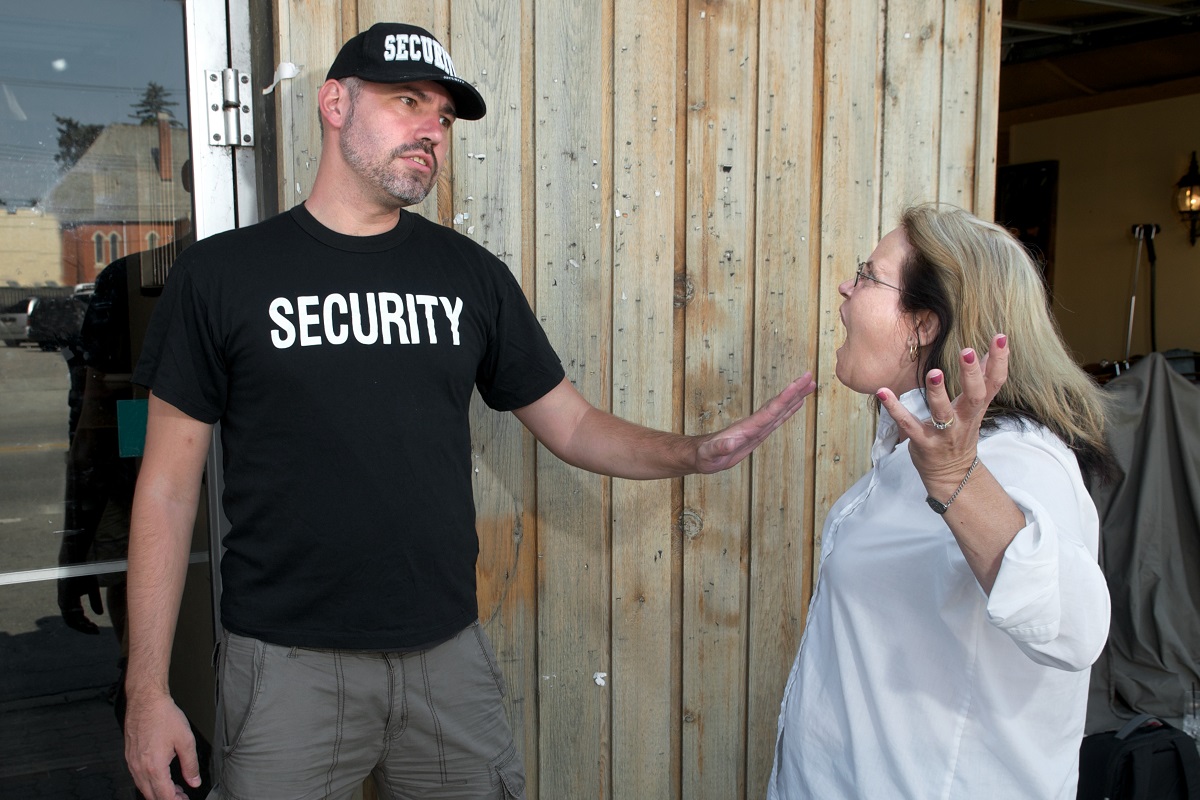While the rules and regulations around COVID-19 vaccinations, who can work, who can enter a venue and what is required seem to change regularly, one thing employers must remember is that they have a legal obligation to keep people safe in the workplace.
The legal obligation for a safe workplace covers staff, volunteers and visitors who enter, putting extra pressure on business owners and managers who need to be proactive in identifying, as well as preventing and resolving safety hazards.
This week venues in Sydney re-opened having been closed for more than 100 days, but the NSW Government’s Service app to show both check-in and vaccination details is not ready leading to some delays and frustrations and leaving frontline workers to become ‘vaccination police’.
The simple fact is that given the divisiveness that has developed with the COVID-19 vaccination and the mandating that unvaccinated people cannot enter premises in some states, some staff are likely to face difficult and frustrated customers. These are also customers who are likely to be very vocal in their views on not being allowed into venues and who for seem reason decide to confront the person upholding the public health order.
Employers must comply with any public health order to protect staff and customers.
Now is an ideal time to conduct a risk assessment at your venue, ideally in conjunction with your staff and identify what can be done to help protect staff. This could be measures like installing plastic screens, making sure staff work in groups and providing advice and training to staff on dealing with difficult, aggressive and frustrated customers.
BetterHR, which offers advice to businesses on staffing and legal issues said one important thing is to remind staff that they are not the police or the courts. As much as possible staff should calmly explain the rules and encourage people to follow them, and while understanding frustrations, neither the staff or the customer is allowed to break those rules whether they agree with them or not.
Hospitality staff do have similar experiences around this in having to deal with people who have drunk too much, who are underage and explaining the rules around behaviour in venues, respecting property and paying for products. As in these situations if vaccination-related aggression arises and people refuse to comply or threaten staff then the police should be called.
BetterHR also said CCTV can help to support staff who do the right thing especially if the police don’t arrive as fast as would be liked.
Another issue for employers is around vaccinating staff, we saw the Northern Territory today mandate that essential workers need to have their first dose of the COVID-19 vaccine by 12 November 2021, and must be fully vaccinated by 24 December.
Relevant employees who are not vaccinated by 13 November 2021 will not be permitted to attend their workplace, and will face a $5000 fine if they do not comply with the Chief Health Officer Direction.
Business owners face charges, prosecution and in serious cases even gaol if people get sick or are injured in the workplace.
To protect staff, an employer could legally terminate a worker for refusing to get vaccinated, even if it wasn’t required by law for their specific industry, if the employer can argue that it was reasonable under the circumstances to do so. It is therefore a good idea for employers to consult with their employees on vaccination in the workplace and implement a good workplace vaccination policy.
Sean Wilson, BetterHR’s CEO, told The Shout: “At the moment, this is a significant grey area, so we encourage employers to contact BetterHR’s experienced HR consultants, and qualified lawyers on 1300 659 563 or visit: betterhr.com.au for specific advice to meet your individual business needs.”
This is a very difficult time for hospitality staff and operators as many people clearly have incredibly strong opinions around the COVID-19 vaccination. The important thing is to understand your health and safety obligations, your local public health orders and seek help if you need it.

